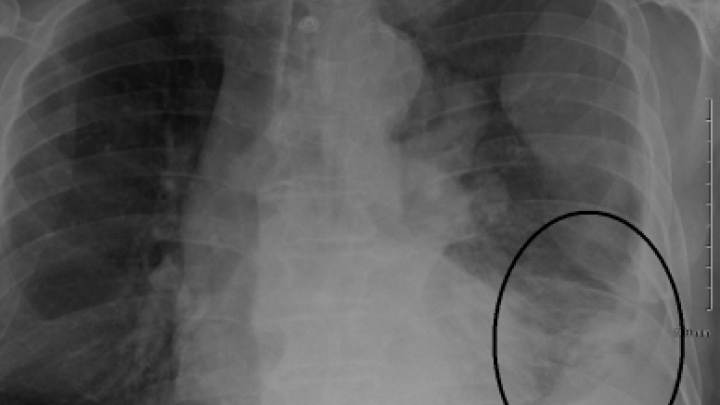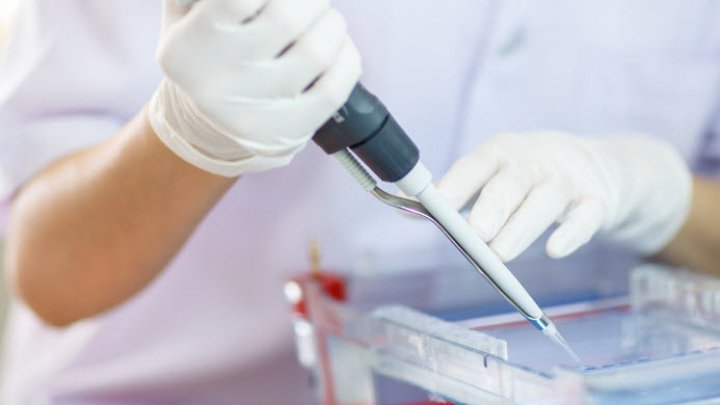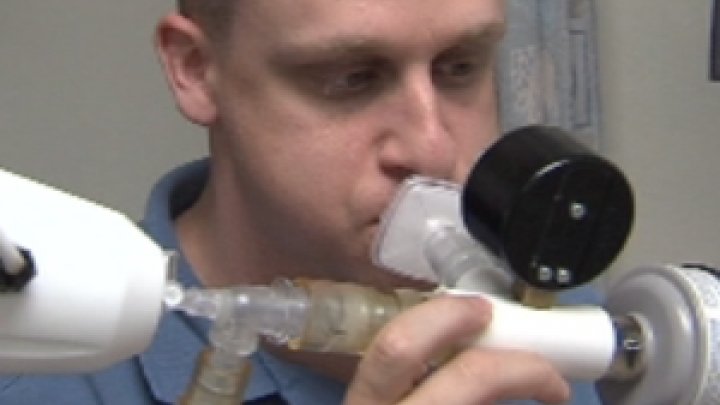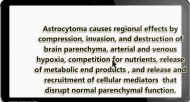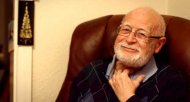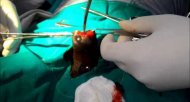Idelalisib: A New Biological Therapy for Relapsed Chronic Leukemia and Non-Hodgkin's Lymphoma Patients
Relapse is not a word that cancer patients want to hear. There may be good news on the horizon, however, for those with relapsed chronic lymphocytic leukemia and indolent non-Hodgkin's lymphoma. Idelalisib, a new drug from Gilead, has shown some very promising results in recent studies.
Both chronic lymphocytic leukemia (CLL) and indolent non-Hodgkin's lymphoma (iNHL) are cancers that involve white blood cells. In CLL patients, the body produces too many abnormal lymphocytes; they crowd out healthy blood cells and lead to anemia, bleeding and infections. In NHL patients, the cancerous white blood cells can arise anywhere in the lymphatic system: lymph nodes, spleen, thymus and even tonsils. Enlarged lymph nodes, fever and weight loss are characteristic. In both diseases, previously treated patients can relapse multiple times. With each relapse, the disease can become increasingly refractory to standard treatment regimens.
Enter idelalisib, an investigational drug that inhibits the PI3K delta signaling system. PI3K delta is involved with the activation, growth and survival of white blood cells. In many lymphocytic cancers, PI3K also seems to drive growth of the malignant cells. Researchers felt that by blocking the signals, idelalisib could help to control the cancer. Recent clinical studies have now demonstrated the drug's effectiveness.
The January issue of the New England Journal of Medicine published the results of a study that used combination therapy with idelalisib for relapsed CLL patients. The results were overwhelmingly positive. In fact, the results were so positive that the Phase 3 trial was terminated early in order allow the placebo patients access to idelalisib via an extension study. The rate of response for the idelalisib patients was 81% as compared to a 13% response rate for the control group. According to Dr. Bruce Cheson, Head of Hematology and Director of Hematology Research at the Georgetown Lombardi Comprehensive Cancer Center, some of the patients with bulky lymphatic enlargements experienced significant decreases in tumor size within days of initiating the combination therapy.
A separate Phase 2 study that was headed by Dr. Ajay Gopal, Associate Professor at University of Washington and member of the Clinical Research Division at Fred Hutchinson Cancer Research Center, has also shown compelling results for indolent NHL refractory to standard rituximab and alkylating drugs. In this single group study of 125 patients with resistant iNHL, tumor sizes shrank by at least half in 57% of the patients. In addition, 6% achieved a complete response and had no detectable remaining cancer. These patients had run through all standard therapies and, essentially, had no remaining options. An added benefit was that the drug demonstrated far fewer toxic effects than comparative chemotherapy. Although apparently not curative, Dr. Gopal feels the agent holds serious promise for long-term disease control.
The FDA is now evaluating idelalisib for both relapsed CLL and refractory indolent NHL. The drug is under the standard review period for iNHL, and a ruling is expected in the fall. With respect to CLL, the FDA has granted a Breakthrough Therapy designation. This designation places the drug on the fast track for evaluation and provides Gilead with more intensive FDA guidance.
If idelalisib is approved, patients with indolent non-Hodgkin's lymphoma and chronic lymphocytic leukemia will both have more treatment options to can help them regain their footing after a relapse.



